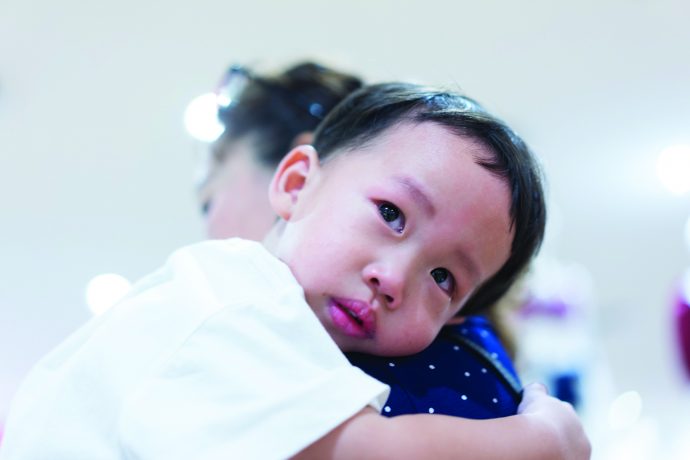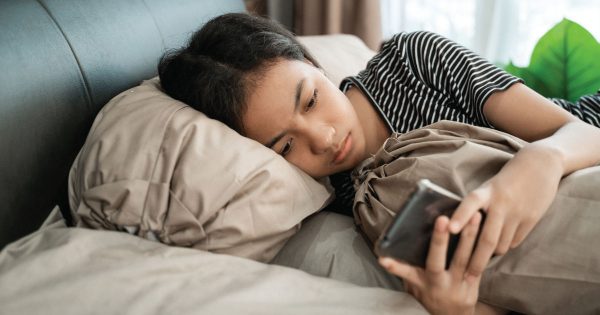The year’s end is around the corner and for many families, this is an exciting period of “balik kampung”, holiday trips, and vacations. However, enthusiasm can turn into disappointment in an instant once someone gets sick and all plans are disrupted. Let’s learn about some common illnesses during holiday seasons so that we can be more prepared!
Why do we get sick during holidays?
As parents, you may have gone through a similar experience: arriving at your beach retreat with your family, you found one of the kids started sneezing and coughing, derailing your itinerary for the trip as you had to nurse the little one to full health. In fact, this experience is common for many families. But why is there a tendency for us to get sick during holiday seasons?
Going for a holiday requires you to travel, thus exposing yourself and your family to other people who are potentially ill along the way. And if you’re travelling by trains, flights, or buses, you will be sitting in an enclosed, crowded space with others, further increasing the possibility of getting infected. Travelling, especially long-haul trips, is also tiring and stressful, and this can affect our immune system and make us even more susceptible to diseases.
The threat doesn’t stop once we arrive at our destination. Holidays often mean large gatherings with other family members too. Plus, during peak holiday periods such as school holidays or year-end holidays, these destinations tend to be extra-crowded with other vacation-goers as well. We are also less familiar with the new environments, e.g. hygiene level of food and water. All these factors make us vulnerable to germs and diseases from other people, which could cause our family to get sick and dampen our holiday mood.
Common holiday illnesses
Here are some common illnesses that you may contract during holidays:
- COVID-19: This respiratory disease caused by SARS-CoV-2 is no longer a pandemic but there may be a rise in cases from time to time. The most recent surge in Malaysia happened in December 2023, which was coincidentally a holiday season.
- Influenza: There are four types of influenza viruses (A, B, C, D) but only influenza A and B viruses present significant risk to health. In Malaysia, influenza is present all year round with peaks in May-July, as well as November-January, which coincides with the holiday period.
- Common colds: Also known as an upper respiratory infection (URI), colds may be caused by more than 200 respiratory viruses, e.g. rhinoviruses, adenoviruses, parainfluenza viruses, etc. Common colds are very common but less severe than COVID-19 and influenza.
- Food poisoning: Almost 1 in 10 people fall sick after eating contaminated foods and beverages, with symptoms ranging from diarrhoea and vomiting to stomach cramps and fever. Food poisoning may be caused by various pathogens such as Salmonella, E. coli, Campylobacter, rotavirus, and norovirus. Traveller’s diarrhoea is often caused by a change in bacteria flora in the gut.
How to protect your family?
Here’s a strategy to keep you and your family healthy during holidays:
- Make early preparations
- Learn about the destination. Study the do’s and don’ts at the destination. See if there are any current outbreaks or endemic diseases you need to be aware of and take the necessary precautions, e.g. vaccination.
- Get a travel insurance. An insurance will be useful in case of emergencies, e.g. injury, sickness, lost belongings, cancelled trips, etc. Check with your insurance provider to get a suitable plan for your needs.
- Don’t forget the essentials. Remember to bring a first aid kit, over-the-counter medicines, sunscreen, insect repellent, and other essential items. If anyone has a specific condition like allergy, remember to bring the prescribed medications, e.g. EpiPen.
- Practise personal precautions
- Wash hands regularly. Use soap and water to remove germs from your hands. Remember to wash hands, especially before and after eating and after going to the toilet. Avoid touching your face with your hands.
- Cover coughs and sneezes. Use a handkerchief or tissue, instead of your hand. If these are not available, you can also cover coughs and sneezes with the inside of your elbow.
- Wear a face mask. Face masks provide another layer of protection against respiratory infections, especially for vulnerable groups. If you are sick, it’s better to stay home, but if the trip is unavoidable, you should wear a face mask while travelling.
- Get vaccinated
- There are various travel vaccines available that can be taken before a trip, e.g. influenza, COVID-19, rotavirus, cholera, typhoid, hepatitis A, yellow fever, meningococcal, pneumococcal vaccines.
- Consult your doctor about any required or recommended vaccination before going to another country and when to get the shots. Generally, the vaccines should be taken at least two weeks before departure.
Are you planning to go somewhere with your family this coming holiday season? By following these steps, you will ensure that you and your family stay healthy during your trip, allowing everyone to enjoy the quality time together.






